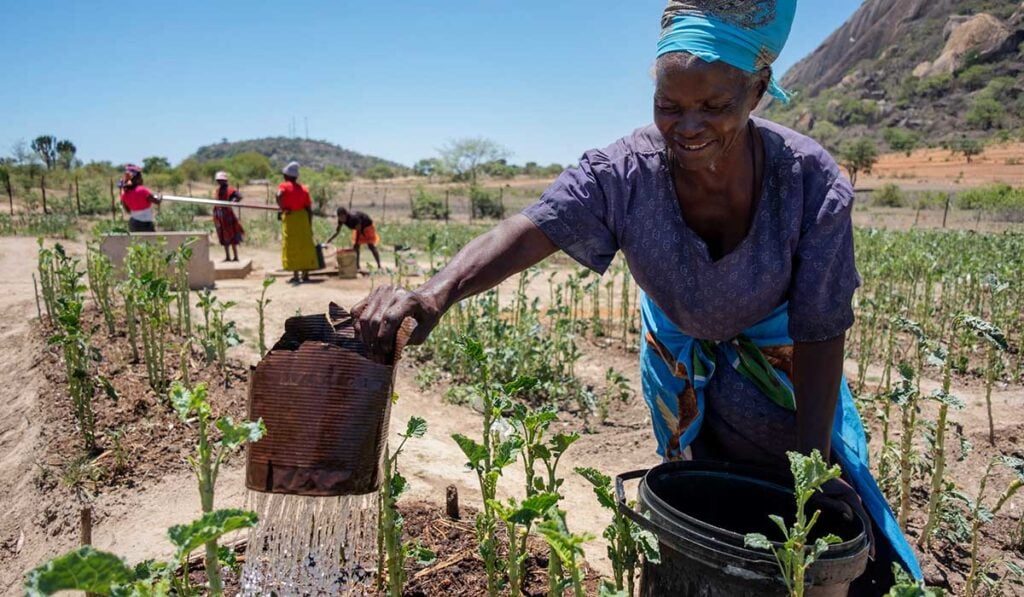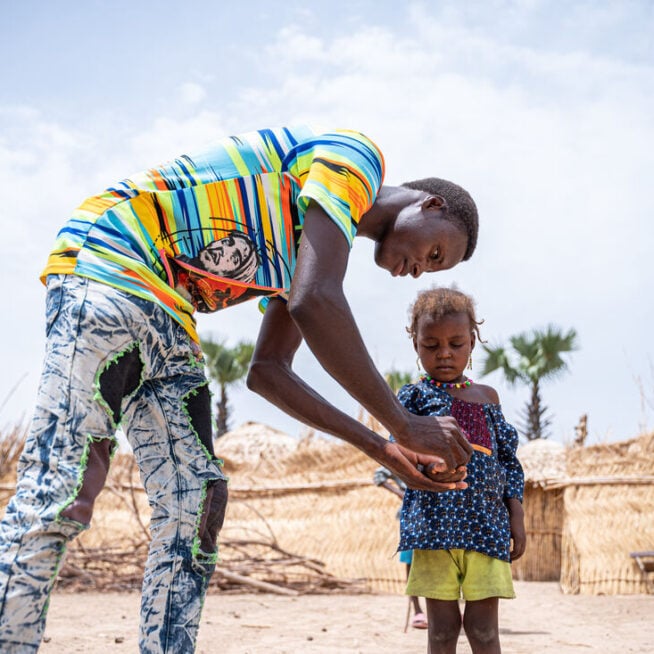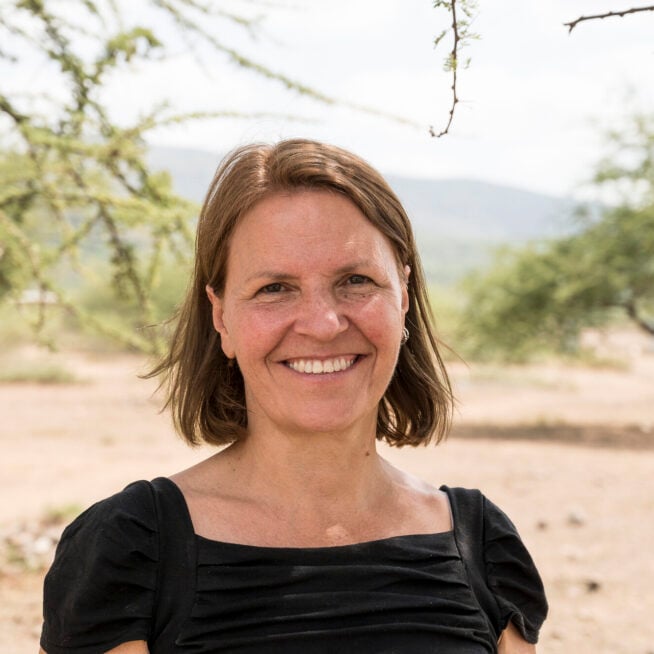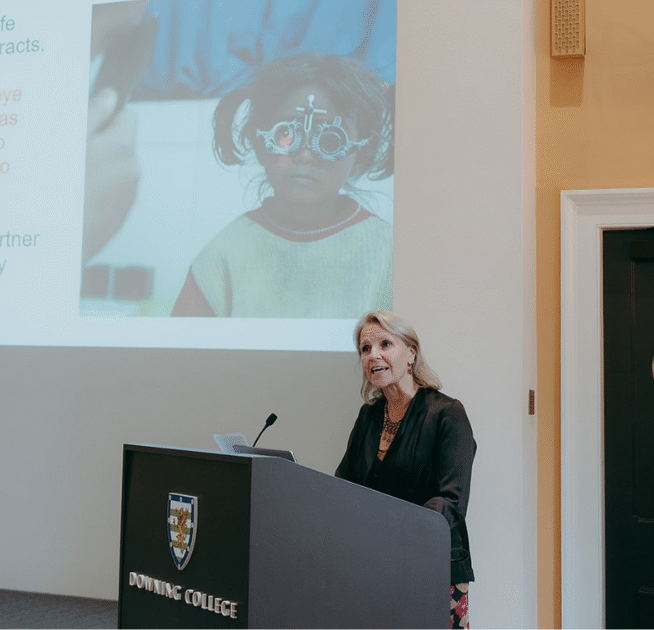Want to transform lives with us? Stay in touch and hear about our news, activities and appeals by email!
New policy paper launched: Locating disability inclusion in action on climate change

The devastating impacts of climate change and crises are felt most acutely by those living in more risk prone and marginalised environments – most often the poorest communities worldwide. As persons with disabilities represent 1 in 5 people living in poverty globally, disability inclusion is a human rights issue and must be taken into account in all interventions, including those related to climate.
CBM UK is pleased to share a new Policy Paper ‘Locating disability inclusion in action on climate change’ (open link in new tab) that examines the interlinkages between climate change and disability, illustrating the disproportionate impact on people with disabilities living in poor communities who have done least to contribute towards climate change. Armed with this knowledge, we ask “what can we do to make climate action inclusive of all?”
CBM UK’s Evidence and Advocacy Manager, Ursula Grant, says:
“In the context of climate change and climate crises, ‘leave no one behind’ is more than a phrase, it’s literally a matter of life and death for many people, and particularly for people with disabilities. Lived experience of disability is valued as climate change data, and people with disabilities are integral to driving forward inclusive climate action.”
Inclusive climate action builds resilience and mitigation in ways that support governments and other organisations to realise their international human rights obligations. Relevant international legislation is already in place to enable disability inclusive and responsive climate action, yet this broad vision has not yet fully made its way into mainstream climate action. Our new CBM UK Policy Brief argues that to achieve more than sound policies on paper, it is vital to confront the systemic constraints that inhibit progress.
The paper identifies a number of constraints inhibiting inclusive climate action:
- Limitations of data, information and knowledge
- Bias and discrimination
- Limited experience of partnering with OPDs and people with disabilities
- Resource limitations
- Accountability driven by duty bearers and donors rather than by rights holders and those most affected by climate change.
To overcome these constraints, the UK government and other climate actors can support a more receptive policy environment, and help to strengthen the relationships, systems and structures that underpin rights-based inclusive climate action. We identify in the policy paper three main entry points for this to occur, accompanied by a detailed set of recommendations:
- Prioritise international commitments to disability rights so that mitigation and adaptation initiatives are designed with consideration of the rights, perspectives and needs of persons with disabilities.
- Work in partnership with national governments so that financial and technical support to developing countries (an obligation under the Paris Agreement) bolsters national level capacities to design and deliver accessible and disability inclusive laws, policies and action plans.
- Enable a stronger voice for social movements and civil society and support disability champions in local communities that may otherwise struggle, in isolation, to counter prevailing bias, discrimination and ignorance that undermine active and equitable inclusion.
Climate change exposes inequalities. In responding, the first imperative is to do no harm. Enabling those that are most affected to influence and shape disability inclusive climate action is fundamental to driving forward accelerated implementation and progress in locally sustainable and resonate ways.
Image: Evelyn, 73, waters her plot in the community garden in Chivi, Zimbabwe, set up by CBM and partners following the food crisis in Zimbabwe in 2019. ©CBM/Hayduk




